Description
Ralstonia solanacearum sensu lato (now including R. solanacearum and R. pseudosolanacearum) is a soil-borne, plant-pathogenic, Gram-negative, β-proteobacterium with a wide host range and global distribution. The host range of this pathogen has expanded to over 450 plant species across 54 botanical families, including many economically important crops. These hosts range from herbaceous plants to shrubs and trees. R. solanacearum sensu lato is considered one of the most destructive bacterial plant pathogens due to its high virulence, broad geographic spread, and long-term survival in soil and water. It has been reported from tropical, subtropical, and temperate regions around the world. This pathogen poses a serious threat to both cash and subsistence crops in the families Solanaceae, Musaceae, and Zingiberaceae. Susceptible crops include potato, tomato, chilli, sweet pepper, tobacco, groundnut, banana, eggplant, ginger, curcuma, and Heliconia. Despite various efforts, conventional strategies for managing bacterial wilt have shown limited success. The disease continues to be a major challenge.
Eco-Friendly Technology for Bacterial Wilt Management A novel, eco-friendly solution using the bacterial strain Bacillus licheniformis offers effective management of bacterial wilt in crops including ginger. In addition to its biocontrol capabilities, this bacterium also promotes plant growth. This technology can be integrated as part of a comprehensive disease management strategy. The bioagent is available in the form of bio capsules and can be applied both as a seed treatment and through soil drenching.
Benefits of LICHENI CAP
-
Provides protection against soil-borne pathogens.
-
Ecologically safe and sustainable.
-
Easy to handle, transport, and store.
-
Reduces manpower due to its convenient application and lower bulk requirement.
-
Stable at room temperature.
-
Can be applied through drip fertigation.
Points to Remember While Using Bio Capsules a) There are differences in application methods for capsules containing beneficial bacteria versus fungi; identify the type before use.
b) Solutions prepared from fungal bio capsules should be used within 2 hours of preparation.
c) For bacterial bio capsules (e.g., Bacillus, Azotobacter), dissolve one capsule in one litre of sterile water (boiled and cooled). Incubate for 6–8 hours with intermittent stirring (2–3 times) to ensure uniform bacterial growth.
d) After incubation, dilute the stock solution in 200 litres of clean water for field application.
e) Ensure the soil has adequate organic content and moisture at the time of application.
f) Do not mix the solution with chemical fertilizers, pesticides, wood ash, or lime.
Read an article here:
Bio-capsules become popular among farmers – The Hindu
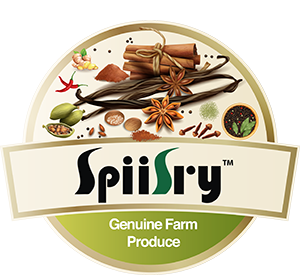
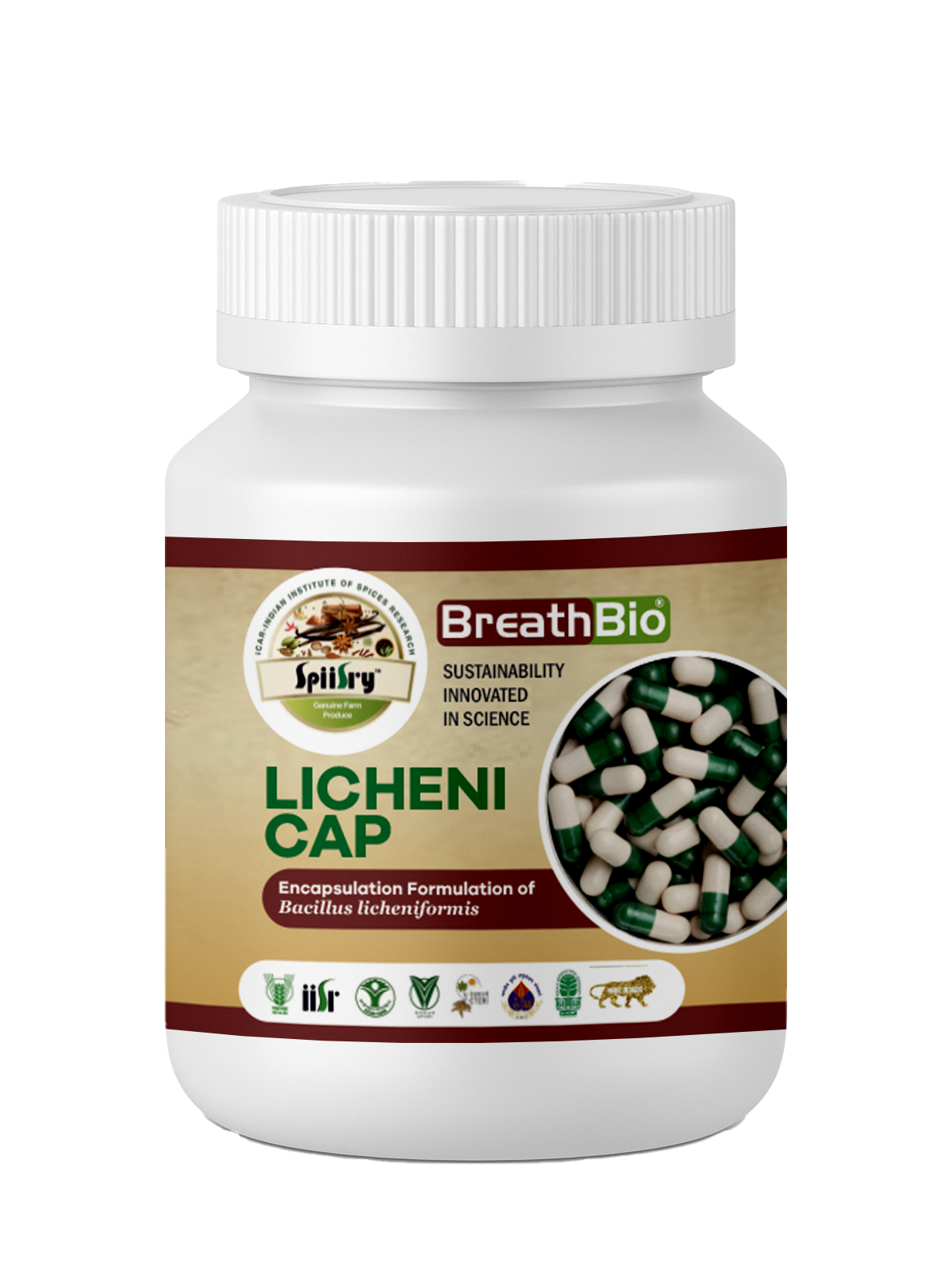
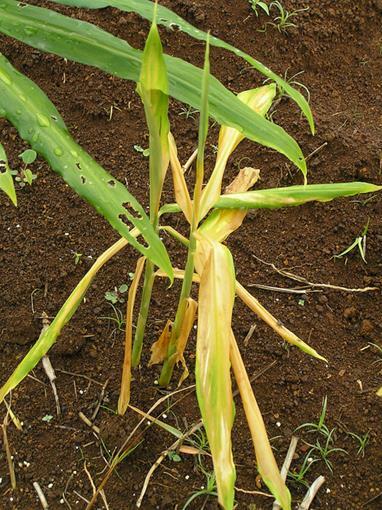
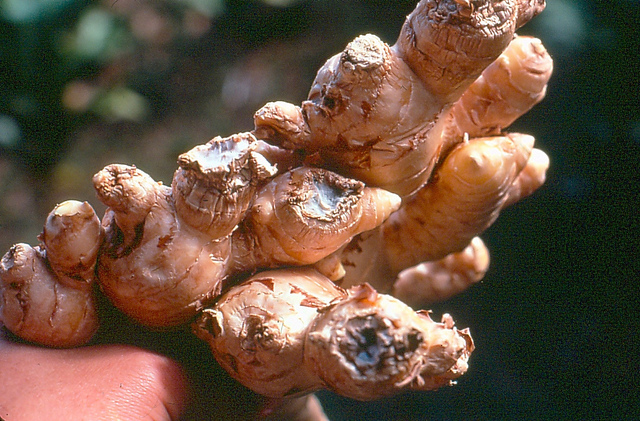
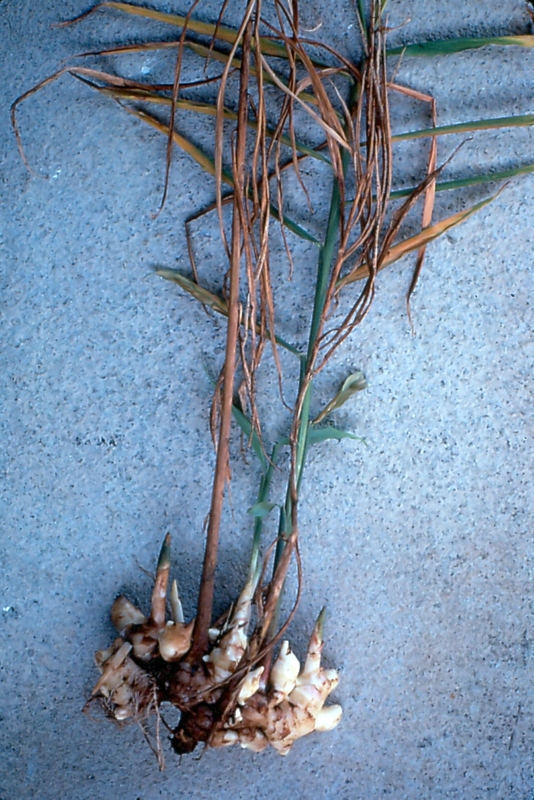
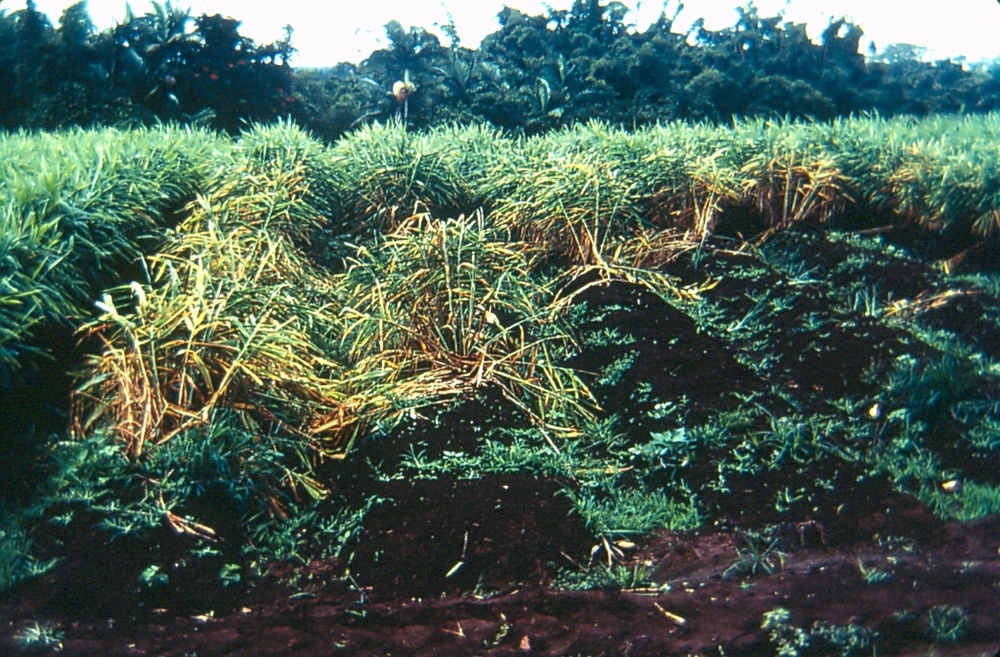
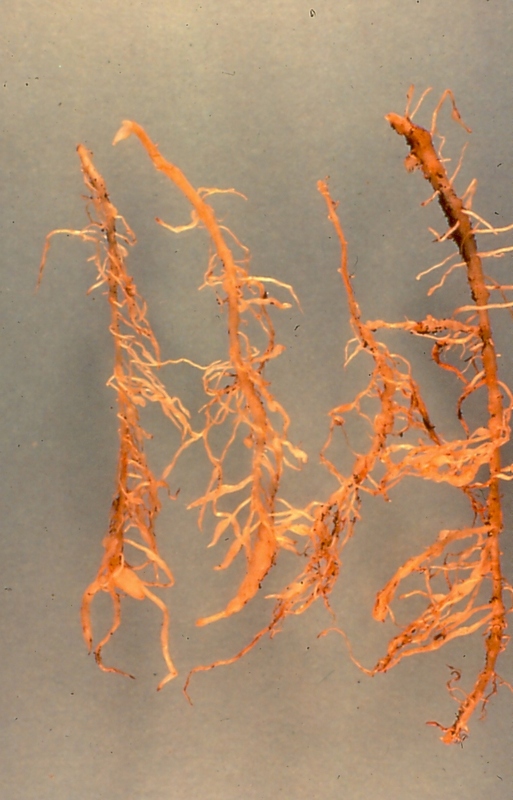
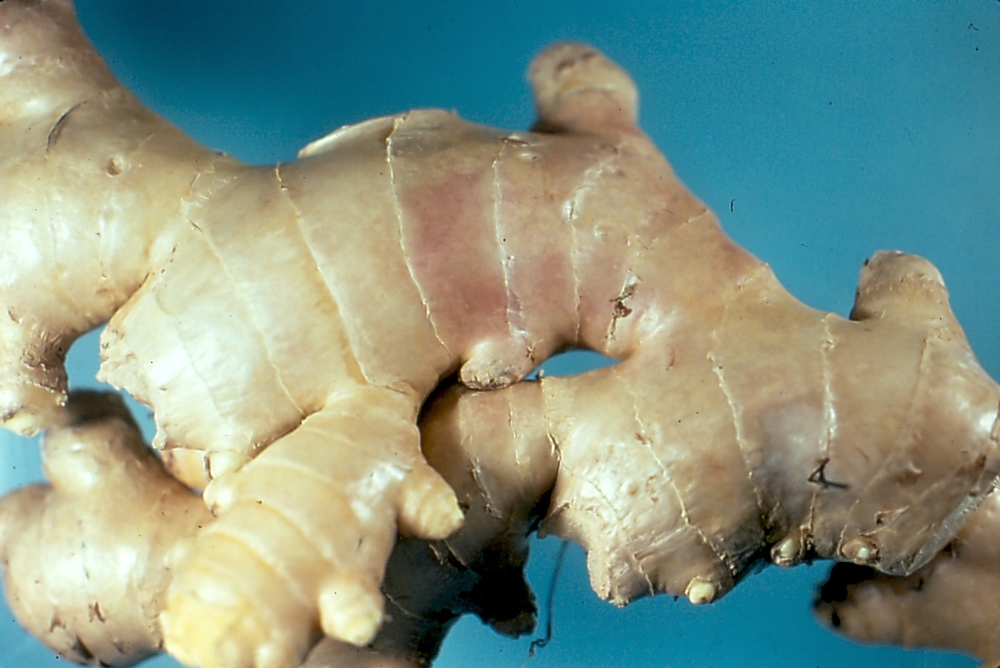
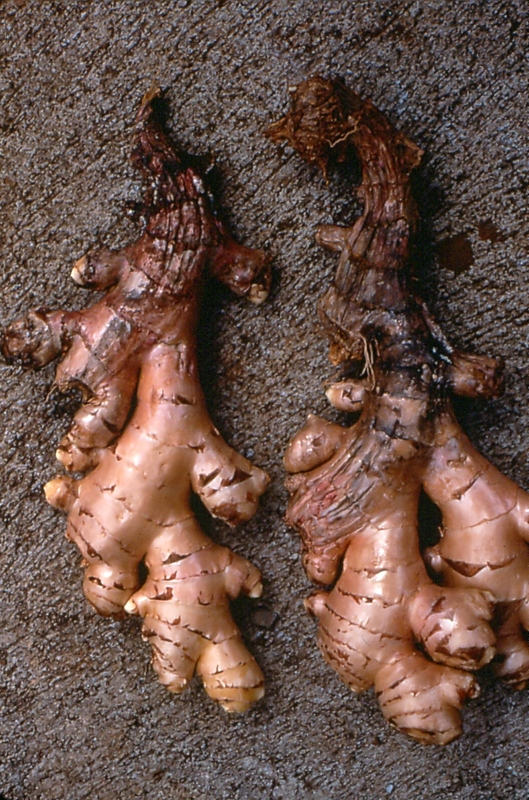
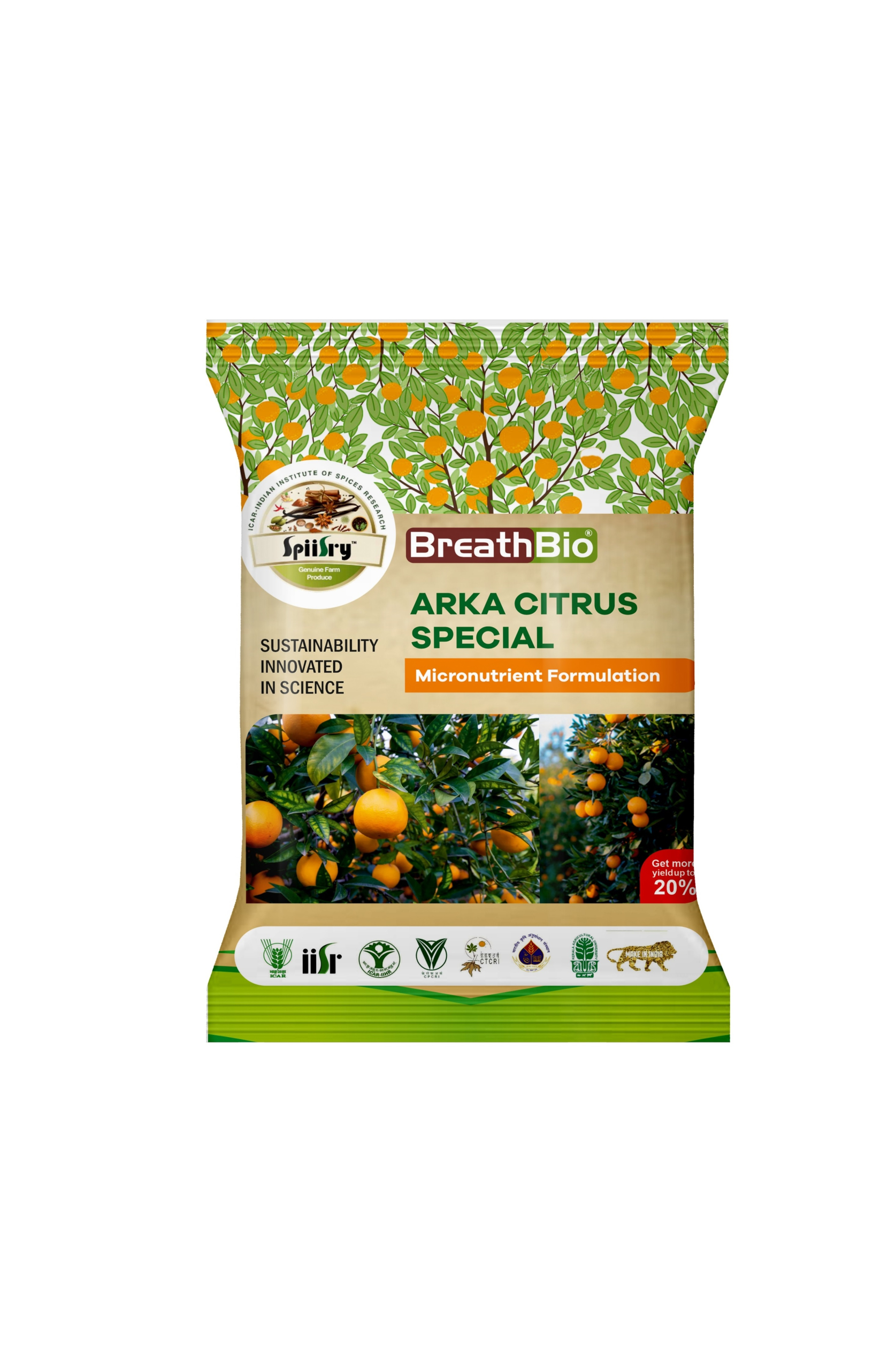
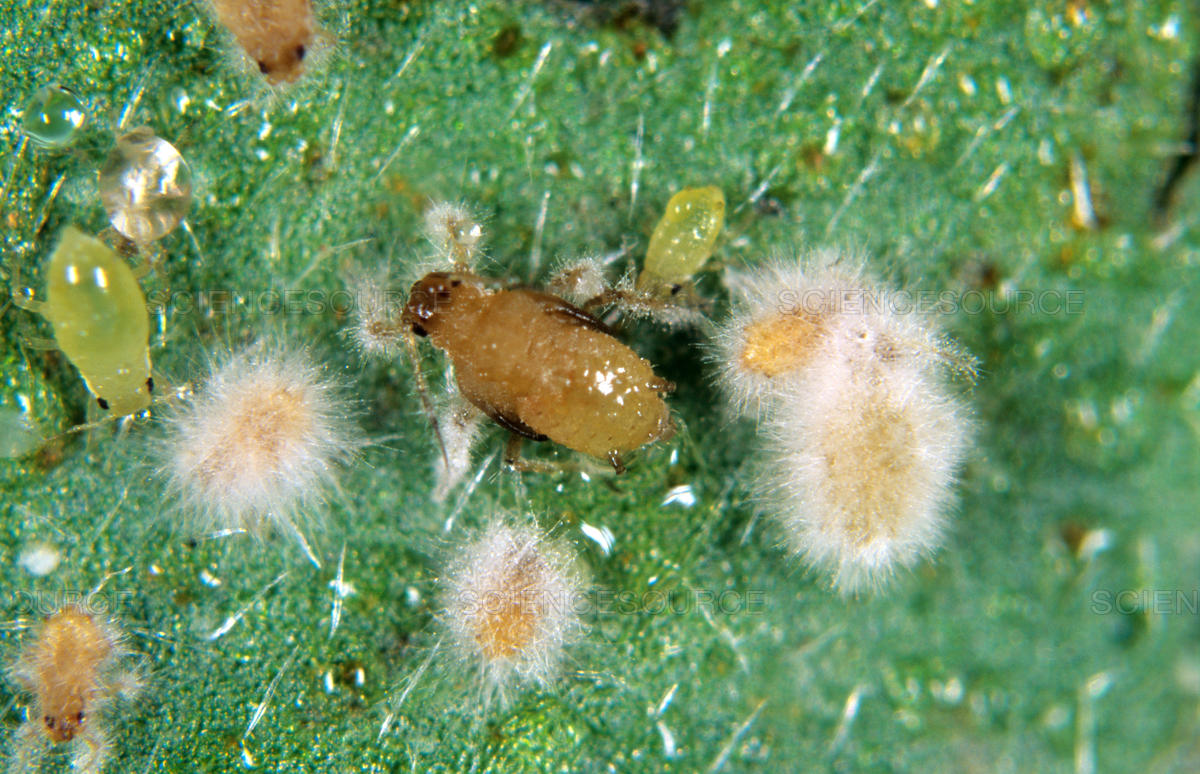
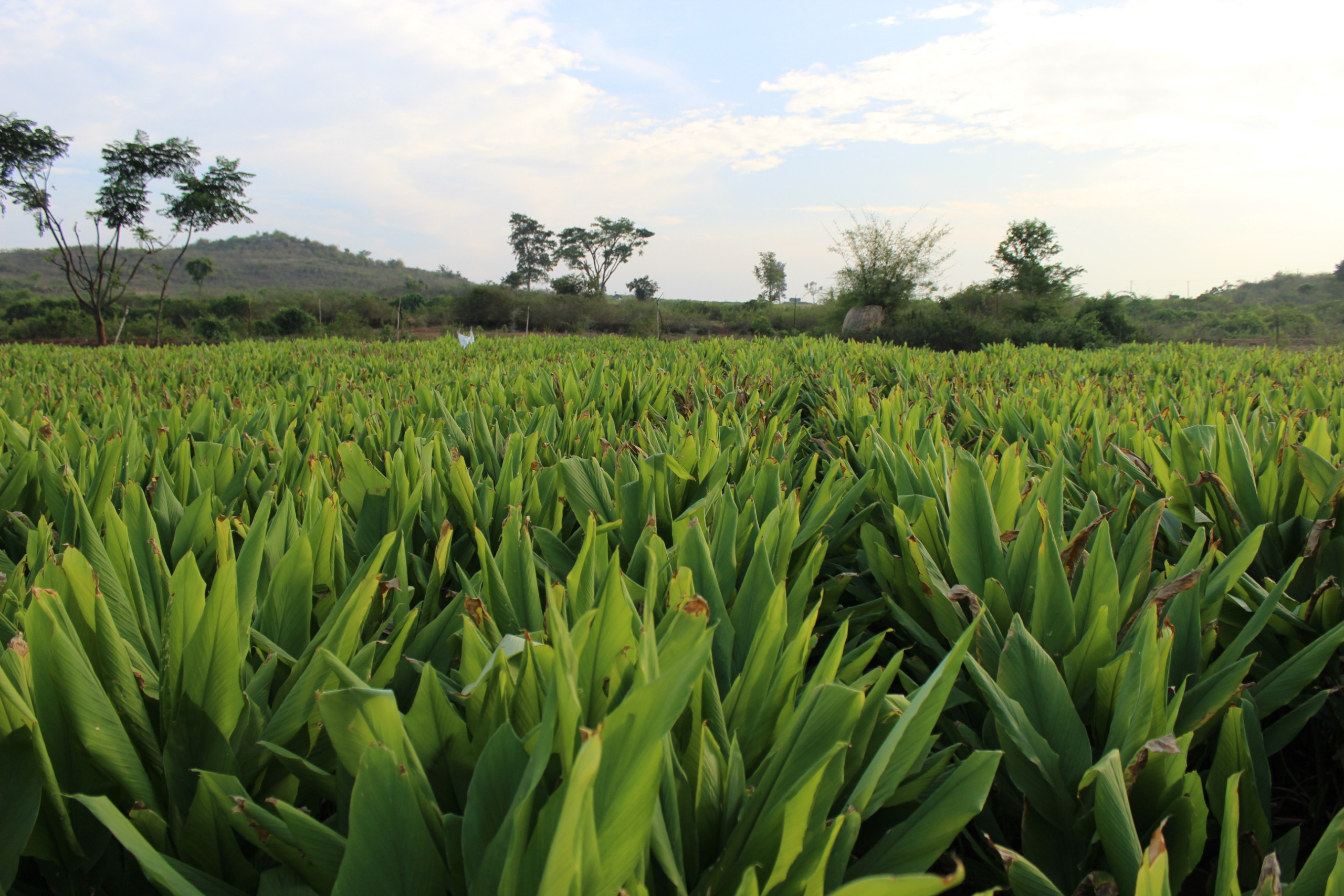
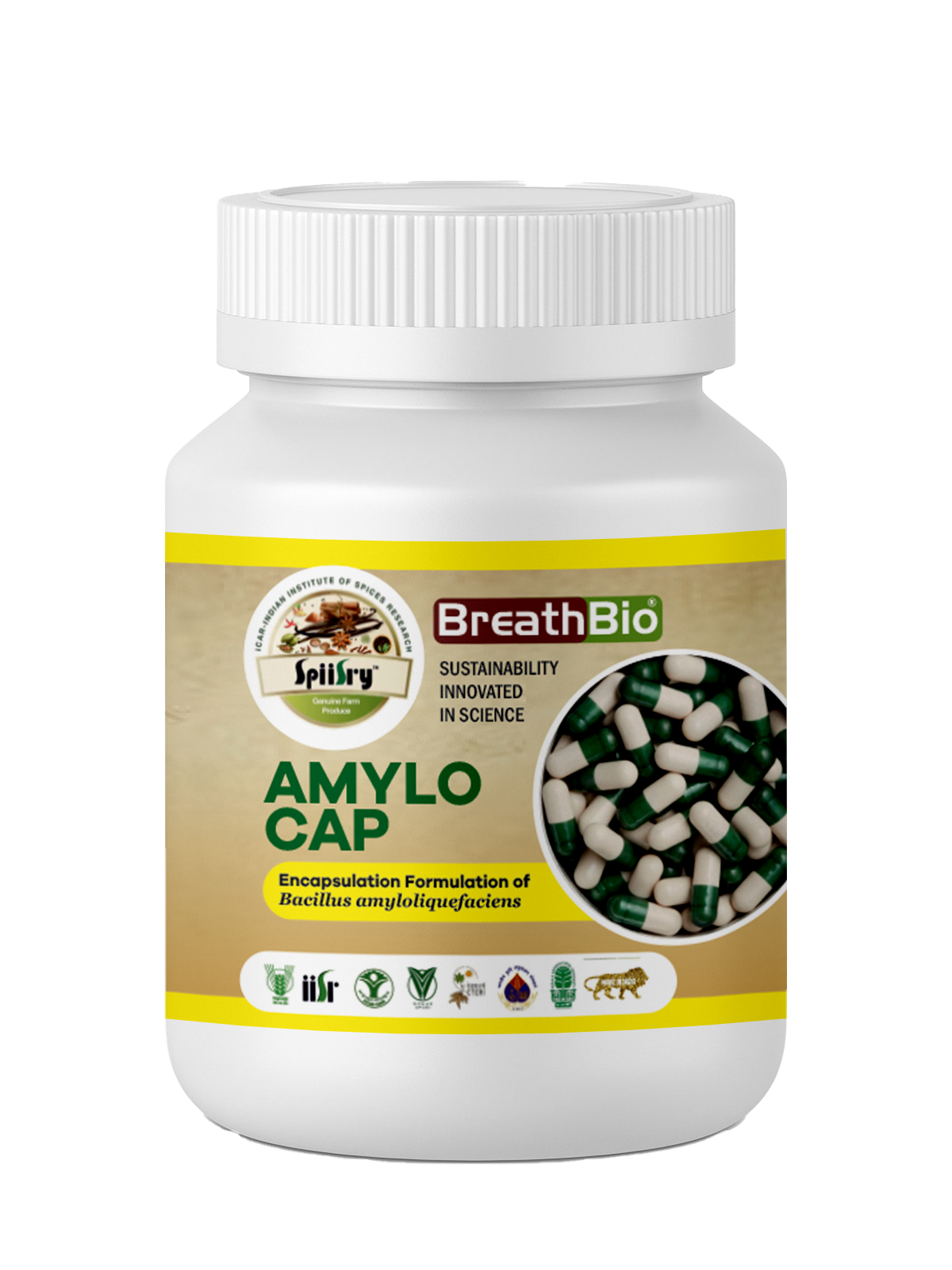
Reviews
There are no reviews yet.